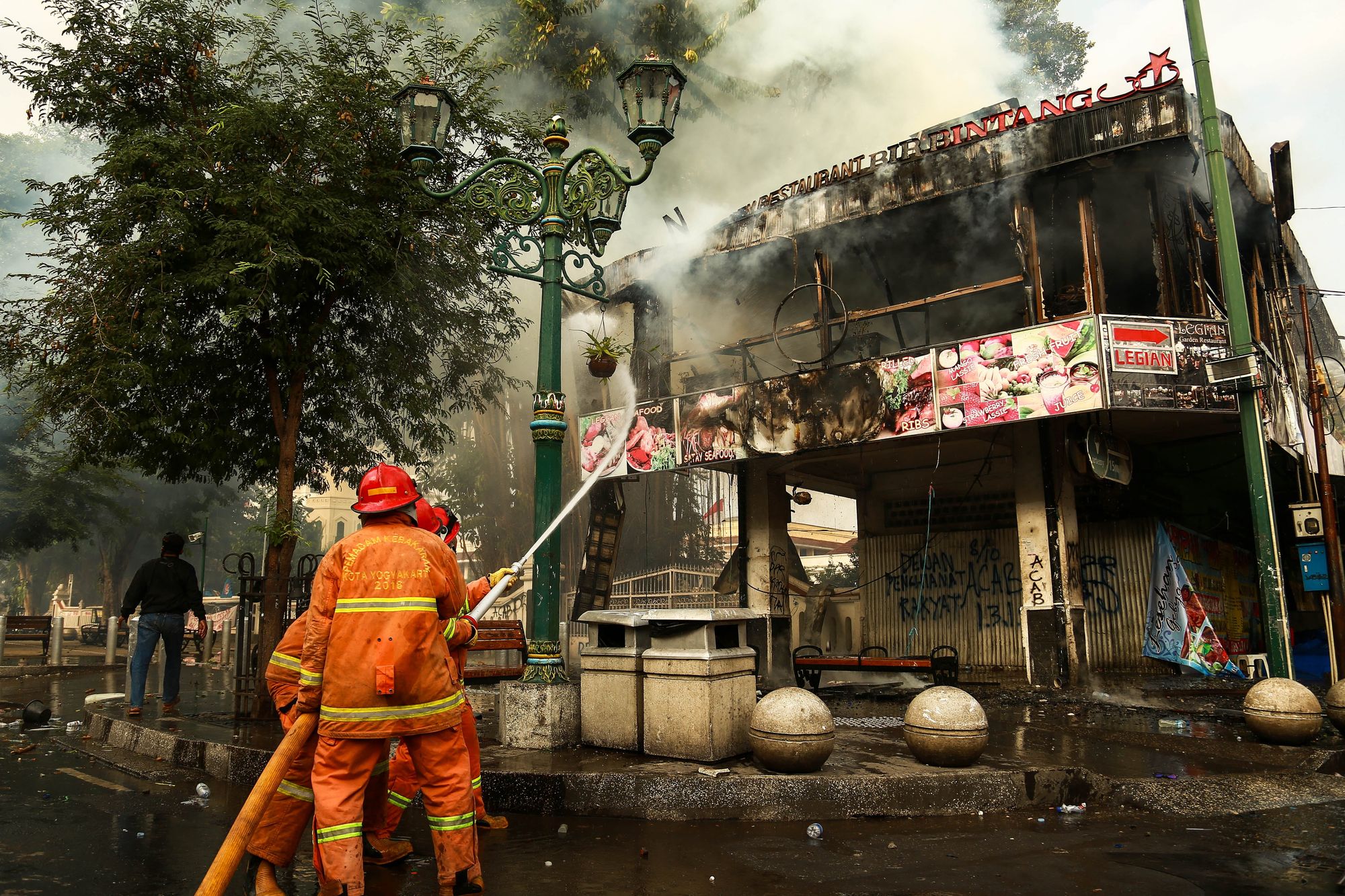Historic Building Collapses: Dozens Feared Trapped
As the global stage remains more unpredictable than ever, we witness politics, international relations, and breaking news from every corner converging, driving narratives that shape the course of history.

As the global stage remains more unpredictable than ever, we witness politics, international relations, and breaking news from every corner converging, driving narratives that shape the course of history. Political machinations continue to surprise, shake, and steer countries, and the ever-evolving state of world affairs remains a testament to the times we live in.
In the complex maze of geopolitics, certain events stand out, not just for their immediate implications, but for the ripples they send across continents, influencing policies, economies, and societies at large.
Tensions in the South China Sea Escalate
With growing territorial disputes, the South China Sea has become a hotspot for geopolitical tensions. Recent skirmishes and vocal confrontations between major players have brought the issue to the forefront. As the world watches closely, there's a growing concern about the stability of the region and potential ripple effects on global trade routes and international diplomacy.
Despite several attempts at peace dialogues and negotiations, a comprehensive resolution seems elusive. Both regional and global superpowers have vested interests, making it a complex puzzle that requires nuanced handling.
Here are the latest developments:
UN Intervention: In a bid to ease tensions, the United Nations has proposed a multilateral discussion, inviting all stakeholders. This diplomatic approach aims to provide a neutral platform for dialogue.
Economic Sanctions: Several countries have started considering economic sanctions to ensure that international waters remain free for navigation and that sovereign rights are respected.
Military Buildup: Reports suggest that some countries are bolstering their naval presence in the region, a sign that they're preparing for all eventualities.

In these turbulent times, the world needs collaborative and constructive dialogues more than ever. The South China Sea, while being a specific point of contention, reflects a broader theme of global politics — the constant balancing act between power, interest, and diplomacy.
With every new incident, the situation becomes a litmus test for international relations, showcasing how countries navigate complex scenarios, where the stakes are high, and the room for error is minimal.
In the face of these challenging times, fostering meaningful and inclusive dialogue should be at the forefront of our global agenda. The South China Sea dispute, emblematic of the intricate web of global politics, highlights the delicate dance between asserting power, safeguarding national interests, and nurturing diplomacy. Each episode in this ongoing saga serves as a litmus test, scrutinizing the adeptness of nations in managing intricate situations, where miscalculations can carry profound consequences.
In this ever-shifting geopolitical landscape, it's imperative for world leaders to prioritize peace, mutual respect, and understanding. After all, in an interconnected world, isolated incidents can have global repercussions, making diplomacy and dialogue more crucial than ever.






